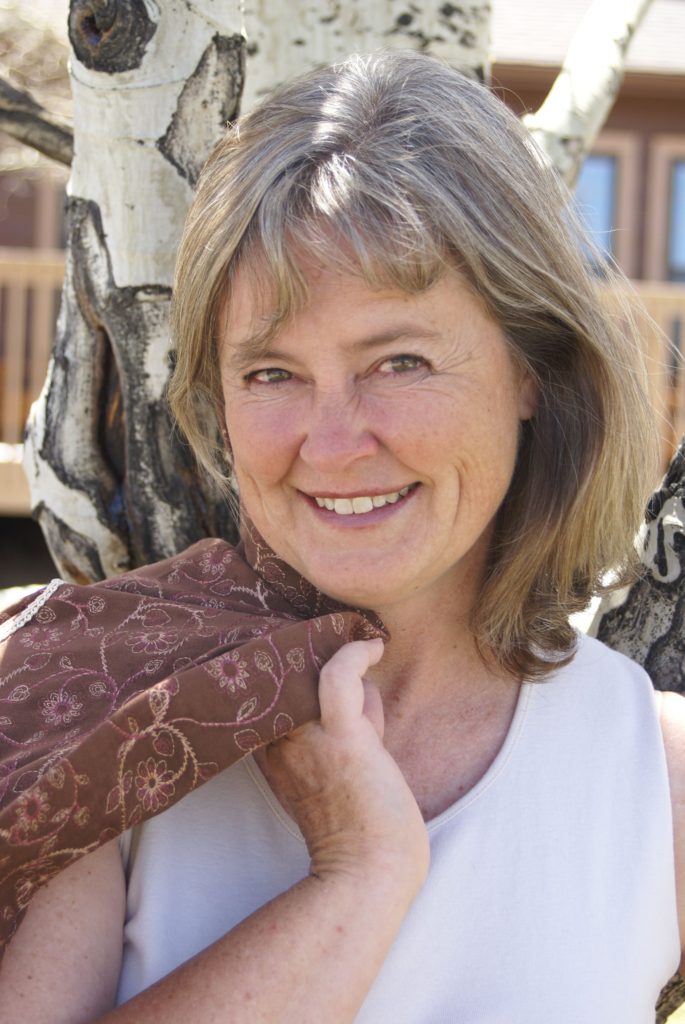As the mother of an adult daughter and her teenage sister, I’ve been on the receiving end of plenty of eye rolling when I dare to express my angst with today’s young people. If you are over 40, you probably will agree with me. If not, respect your elder and read on. In my next blog, I promise to write about the positives of today over yesterday, but I must start by lamenting what we as a nation, as a culture, have lost over the past generations.
My parents, grandparents and great-grandparents did not walk to school uphill both ways in three feet of snow, but some of their tales of everyday life and what they endured and achieved is worth recounting.
From my great-grandparents I learned education is a privilege.
One set of great-grandparents on my mother’s side immigrated to the United States as teenagers in the late 1800s. They met and married in this country. Grandpa Sam was trained as a cabinet maker and also farmed. When my grandfather, the oldest of what would be 11 children, headed off to first grade, he spoke no English. His parents instructed him to learn all he could about English and his new country. When he came home, they had him teach them. When the next child in line, Delbert, reached school age, he had the same instructions.
By the time the eleventh child, Evangeline, went to school, she spoke English fluently, as did all 13 members of the Nelson family. Letters and other documents written by my great-grandmother Emily demonstrate an impressive grasp of the English language, particularly considering that she learned from her young children when she was entering her thirties. My grandfather had to leave school after eighth grade, because he needed to help support his siblings, but he never quit learning. He always had a copy of National Geographic or a history book on his nightstand. Learning was a privilege.
From my Grandpa Bay I learned to do what is asked of you, even if it doesn’t make sense and is really hard.
My paternal grandfather married my grandmother at the height of the depression. Jobs were scarce, and the dustbowl in Colorado and Oklahoma where they lived had made it nearly impossible to make a living farming. He learned that the railroad was hiring, so he and lots of other men showed up hoping to be hired. Grandpa said the railroad man took the prospective employees to a remote area, gave them each a shovel and told them to dig. Then he left.
Grandpa said he wasn’t sure where to dig, the size of the hole to dig or anything else, but he dug, and dug, and dug. He didn’t know if he would ever see the railroad man again, and he despaired of being hired, but he knew that he had been instructed to dig. That evening, the railroad man returned, and grandpa got the job, because he had worked hard and done what was asked of him.
From my father I learned to finish a job and finish it well . . . without whining.
My father, now 75-years-of-age, grew up on a farm with a handful of dairy cows. The cows had to be milked every morning and every evening. When he turned 13 years of age, he took on the family milk route. At 3:30am when the rest of the family went to the barn to begin milking cows, my father loaded the cooled milk cans onto the truck and drove them to the town. He took the milk cans to the creamery, exchanging them for bottles of milk and other dairy products, which he delivered door to door before 6am. When he finished, he would drive the delivery truck home, shower, and catch the bus to school. He insists he thought nothing of driving a milk route before school every day from the age of 13. He says the only time he got stopped by the police was if the officer wanted to buy a bottle of milk.
As a teen, I milked a single cow before school, and my mother strained and cooled the pail of milk. No milk route for me. By comparison, I was pretty coddled. But, I also appreciate the lessons learned from those who went before me. I just hope that someday my children will say the same.
Marilyn Bay Wentz is the author of Prairie Grace, historical fiction set in 1864 Colorado Territory. The story of the events leading up to the Sand Creek Massacre is told through the eyes of Georgia, a settler woman and Cheyenne brave Gray Wolf. Purchase Prairie Grace at your local bookstore or online. If not stocked, request that your local bookstore order it through Ingram Publishing Services. Marilyn grew up on a northern Colorado farm, near the land homesteaded by her great-great grandparents. She and her family now live on the rural eastern Colorado plains. For more information: www.MarilynBayWentz.com



Comments are closed.